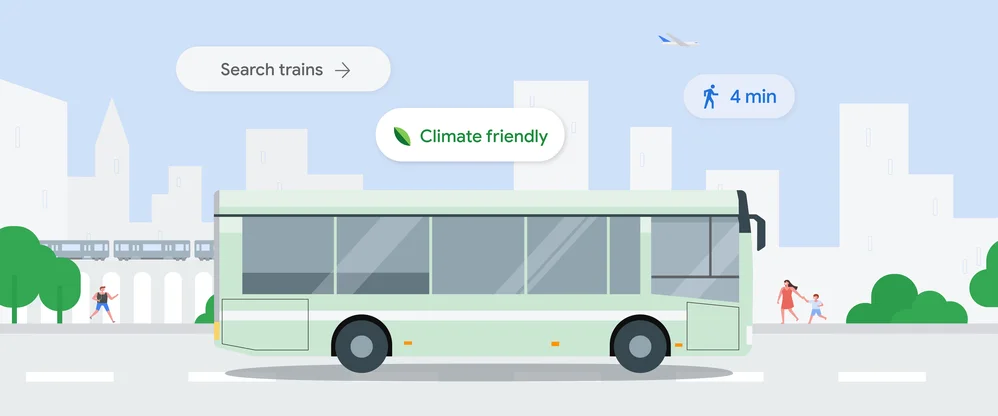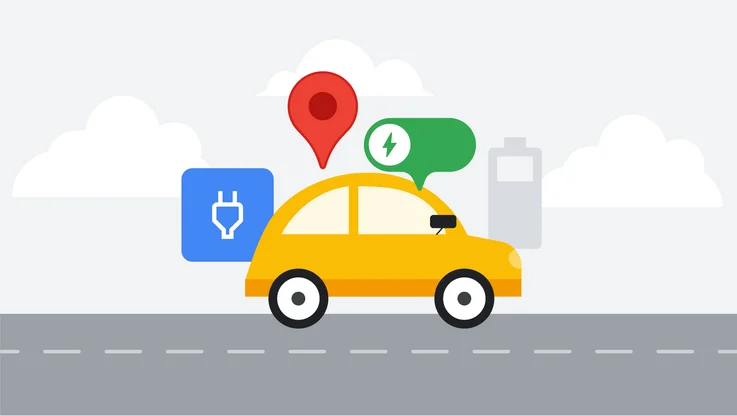Helping farmers with cloud technology, up close and global
Global warming brings humankind a host of challenges, from forest fires to heavy storms and desertification. Perhaps none matters more than maintaining and increasing food production. Unseasonal heat and cold snaps, new pest infestations and diseases at unexpected times, or extraordinary drought, wildfire and heavy rain, are just some of the challenges the world's food producers face today and in coming years.
Solutions to the challenges posed by climate change will likely require a two-fold approach. First, we should seek to limit the damage, through more sustainable, less carbon-intensive practices, along with carbon capturing and regenerative agriculture. Second, is to create new ways for farmers to gather and apply information about their crops, to better deal with the challenging new realities of growing food.
Paradoxically, this global challenge calls for better focus on local farming conditions. Farmers worldwide know the particulars of their soil, crops, and rainfall. Farmers can benefit from a better read on how unexpected conditions are affecting their specific farms, so they can take the right steps of prevention and remediation for their farms.
This is why Google Cloud is proud and excited to be working with companies like Agrology, a Virginia-based public benefit company who developed a predictive agriculture system that uses machine learning models, IoT sensors and Artificial Intelligence to deliver farmers timely predictions and insights on everything from temperature, rainfall, and soil conditions, to reducing greenhouse gas emissions from nutrient and fertilizer applications.
Agrology was founded in 2019 with a National Science Foundation SBIR Award, and has gone on to service a number of specialty farms across the country from California to Virginia. The present focus is in wine grape growing and specialty crops, where local soil and climate conditions are particularly important and are under extreme threat. Over time, Agrology will roll out their custom data-driven platform and localized approach to many more farms.
"Early on, we met an apple grower who told us that a weather report from 75 miles away wasn't helping him anymore with figuring out how to apply pesticides, there was too much variation," says Adam Koeppel, Agrology's chief executive. "No farmer wants to overspray pesticides. We started thinking about how holistic agriculture is, and how site-specific it should be."
Agrology developed a custom platform with agricultural sensors which continuously gather a range of data above and below ground. This data is combined with other information, including highly local weather forecasts and macro information like baseline satellite data Agrology then makes sense of all the influences and interactions with TensorFlow, our Machine Learning platform. Google Earth helps the team figure out where to lay out their hardware and wireless gateways so that the team has the necessary tools to deliver data from remote locations to the cloud. “That's a big deal”, says Tyler Locke, Agrology's Chief Technology Officer. "Rural agriculture areas tend to be underserved in technology and infrastructure most of the time," he says. "Farmers want technology to help solve their climate change challenges, but they’ve had a hard time getting it."
We're also pleased to play a role in helping Agrology develop its first data models. Kevin Kelly, Agrology's head of Engineering and Machine Learning, taught himself on Google Colab, a dynamic tool for learning and building and sharing Machine Learning solutions. "Like most engineers, I'm a hands-on learner," Kelly says. "With Colab I was able to step through and execute every line of code, change it, and run it again to see how it affected the output."
Using TensorFlow, Kelly adds, was likewise an easy choice, since "studying model architectures and reading blogs, I found that AI researchers, applications engineers and even hobbyists interested in problems like ours – lots of quality data, lots of interactions among seemingly disparate data sets – overwhelmingly used Tensorflow and Keras to develop their models."
Agrology's cutting-edge approach to agriculture is already showing benefits to its clients, and the team is confident its approach and learnings can scale to an even bigger impact.
"We believe we can help maintain and improve yields, but even more," says Adam. "We are finding ways to help farmers with regenerative agriculture, understanding their ability to enhance soil carbon sequestration with the right crops, better water use, or fertilizer applications that avoid releasing excessive greenhouse gasses. The rate at which the climate is changing is driving growers to alter how they farm and do business. There simply aren’t enough farmers and agronomists, and technology can help growers thrive in spite of the growing challenges.”







